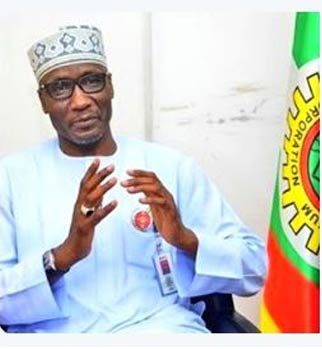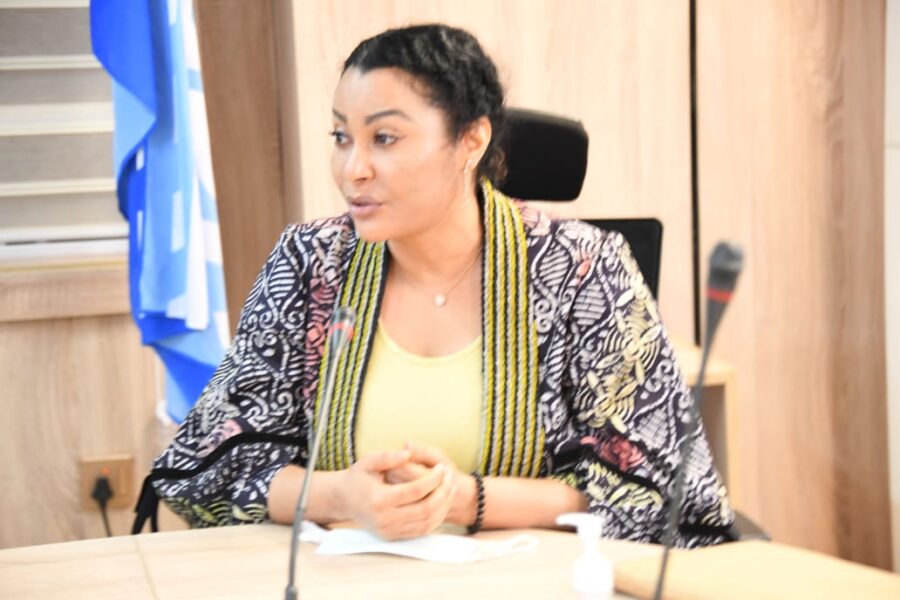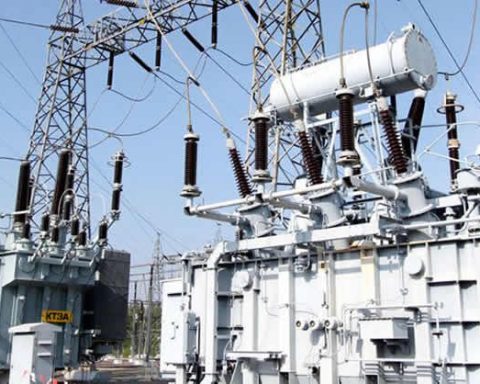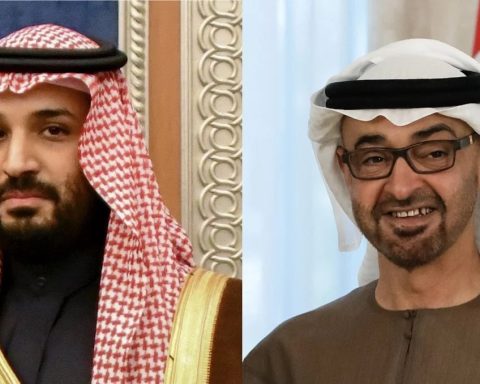Throughout 2023, the Nigerian National Petroleum Corporation Limited (NNPCL) faced a barrage of challenges, ranging from fuel scarcity to tackling oil theft and dismantling illicit refineries in the creeks. Yet, the organisation’s struggles go beyond these visible issues.
Allegations of inadequate remittance of oil revenues to the federal coffers have thrust the corporation into the spotlight, raising concerns about its transparency and financial accountability.
Join our WhatsApp ChannelThe failure to adequately remit revenue into the federation account has prompted growing apprehension. Experts and prominent figures, including former Governor of the Central Bank of Nigeria, Sanusi Lamido Sanusi, have called for a thorough audit of the NNPCL’s financial records.
READ ALSO: NNPCL Begins Crude Oil Supply To Test-run Port Harcourt Refinery
They advocate for unveiling details about the country’s daily oil production, exports, and the accrued revenue, aiming to shed light on the organization’s opaque handling of foreign exchange revenue.
Sanusi, in a fervent address, demanded answers regarding the whereabouts of dollars generated from oil sales, highlighting the critical need for transparency in the NNPCL’s financial operations.
He emphasized, “The NNPCL is the most opaque oil company in the world. We have to follow the money from production to export to return. Where is the money going?”
This call for transparency echoes sentiments expressed by the World Bank, which underscored the lack of clarity surrounding the corporation’s management of fuel subsidies. Despite the removal of fuel subsidies, questions persist about the corporation’s remittances and the impact on the nation’s revenue.
The ramifications of the alleged non-remittance extend beyond financial concerns. Experts suggest that the lack of transparency may have contributed to the volatility of the foreign exchange market.
The scarcity of foreign currency has put pressure on the Naira, leading to fluctuations in its value against the dollar. This imbalance has impacted Nigeria’s foreign reserves, which saw an 11.3% decrease in the past year, according to data from the Central Bank of Nigeria.
Amid these growing concerns, calls for an audit of the NNPCL persist. Prof. Akpan Ekpo, a respected economist, stressed the importance of regular auditing to ensure transparency and staunch the leakage of foreign reserves.
He emphasized that transparency in the corporation’s financial dealings is crucial for effective management of the foreign exchange regime.
Despite indications of improved remittances by the NNPCL, demands for greater transparency persist. Muda Yusuf, CEO of the Centre for the Promotion of Private Enterprises, called on the Central Bank of Nigeria to disclose comprehensive details of oil revenue remittances received monthly, highlighting the ongoing need for clarity and accountability in the corporation’s financial operations.
The clamor for transparency within the NNPCL intensifies as stakeholders emphasize the pivotal role it plays in stabilizing the country’s financial landscape and ensuring accountability in the management of national resources.













